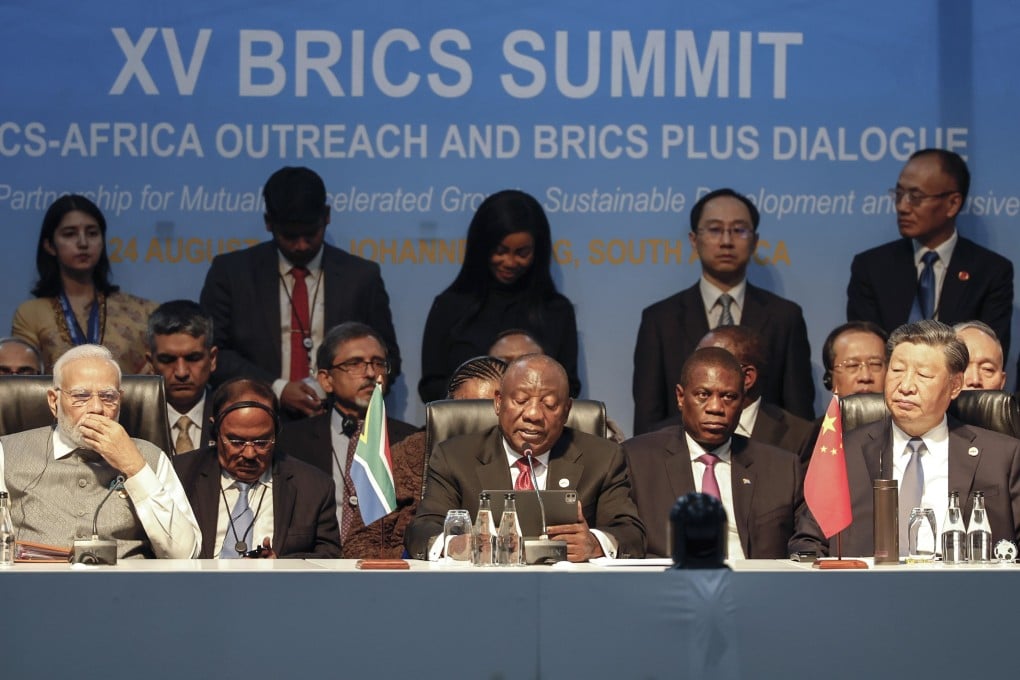Macroscope | Brics summit vs IMF-World Bank meetings: the global divide is clear
The West and its institutions are deluded if they think ignoring the Global South’s demands and preserving the status quo will work

Whether by chance or design, the coming week brings a notable overlap between events in the United States and Russia. Washington is hosting the annual meetings of the World Bank and International Monetary Fund (IMF), where no doubt wine and canapés will be consumed, while in the Russian city of Kazan two dozen presidents and prime ministers are expected to attend a Brics summit, where they will perhaps indulge in vodka and caviar.
The Bretton Woods institutions both have nearly 200 nations among their members, so 24 national leaders being present at the Brics summit might appear to pale in comparison. However, it is the evolving economic and political stature rather than the number of attendees that counts.
The guest list in Kazan is significant in this regard. It includes leaders of the bloc’s early members: Russian President Vladimir Putin, Chinese President Xi Jinping, Brazilian President Luiz Inacio Lula da Silva, Indian Prime Minister Narendra Modi and South African President Cyril Ramaphosa.
Also expected are the leaders of Egypt, Ethiopia, Iran and the United Arab Emirates, which joined the bloc earlier this year. Saudi Arabia, which has been invited to join Brics, is likely to be represented at the summit. The secretary general of the Shanghai Cooperation Organisation, the president of the New Development Bank and senior officials of other multinational organisations are expected to attend.
A guest list posted on Facebook by the Russian embassy in Bangladesh included leaders from Turkey, Malaysia, Mongolia, Armenia and other countries from Asia and central Europe. These countries are not current Brics members, but several of them have expressed interest in joining the grouping of nations that do not belong to US or European-led coalitions.

